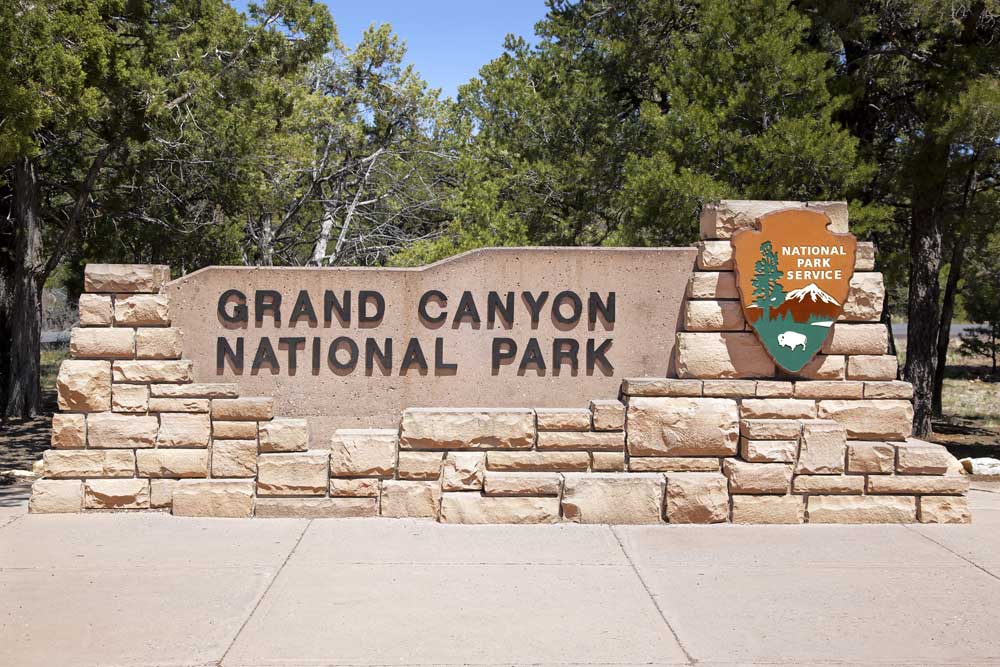On its centennial, there is no question in my mind about the central role of the U.S. National Park Service in my life’s trajectory.
Growing up in Southern California the child of teachers, I spent summers with our family on classic 1960s car camping vacations, traveling the West. Early and often, the trips included Grand Canyon National Park. One of my earliest boyhood memories is wandering the view spots at the south rim, hunting the fragmentary vistas where you can actually see the brown ribbon of the Colorado River at the canyon’s bottom. They were snippets full of mystery and longing, a tiny thing amidst this vastness. One must be careful about the fallacy, post hoc ergo propter hoc - after this therefore because of this. But I believe today with confidence that those moments spent as a kid on family vacations, repeated so many times, mattered to me completely.

The park sparked a curiosity and started a life of work spent trying to understand that river - what it means to our landscape here in the western United States, and what it means to our culture and way of life. The path between there and my life today is twisted, but my book Water is for Fighting Over: and Other Myths about Water in the West is very much the product of a life spent pursuing that curiosity sparked in a little boy standing at a National Park canyon view spot.
Perhaps this experience might have happened absent the creation of the institution of the National Park Service? It is hard to know, but I know that I am now what I am because of those questions planted half a century ago when a little boy stood on a Park Service lookout point peering down into the great unknown.


